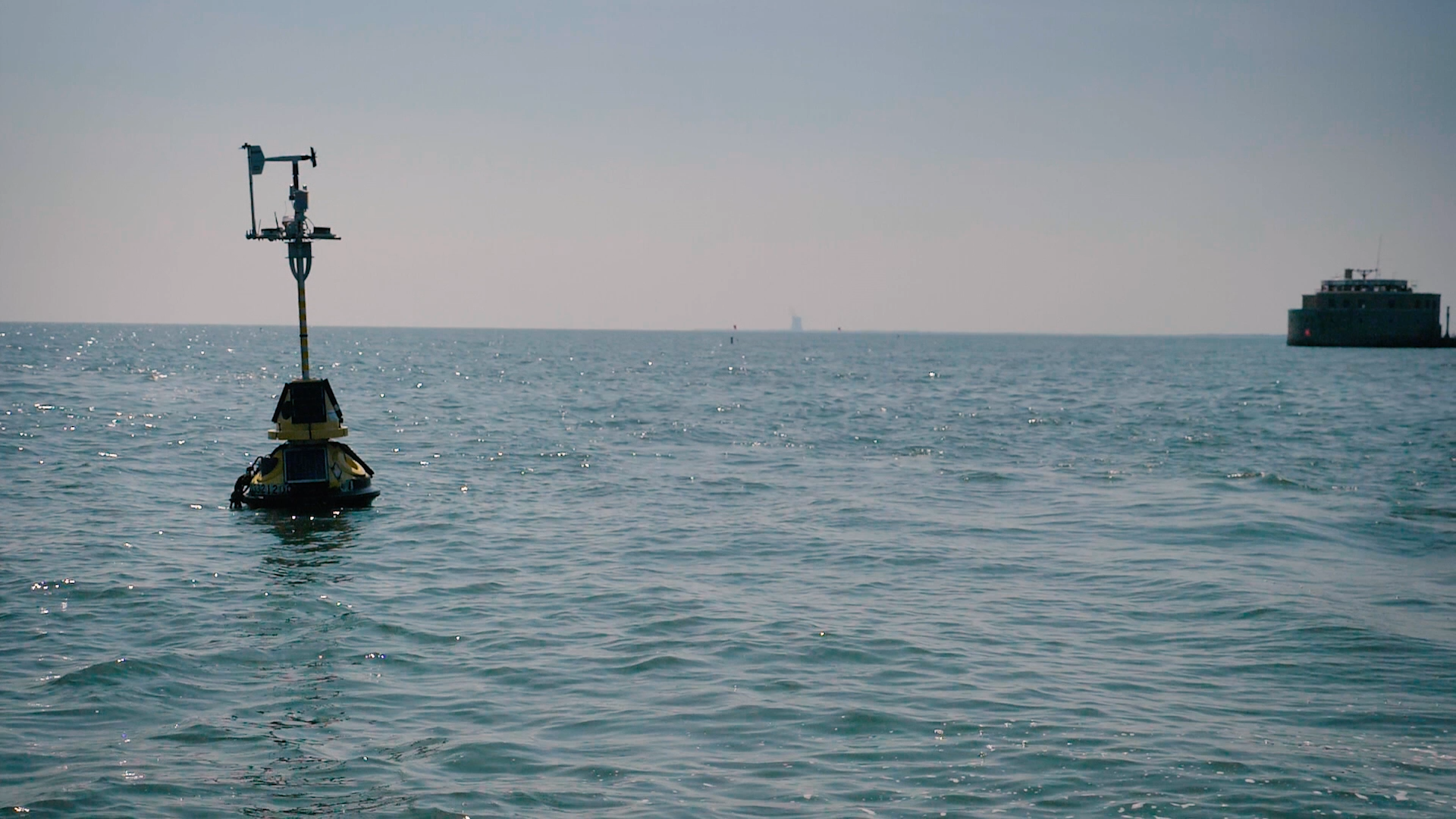
The Great Lakes are facing an era of challenges and opportunities that will require new stewardship principles, and leaders who are able to work across disciplines including science, policy, economics and social science.
That is the message from an ad hoc collaborative of University of Michigan researchers in a recent paper titled Leadership for the next generation of Great Lakes stewardship.
Great Lakes Now recently spoke with one of the report’s authors, Jon Allan, to learn more. He began by praising previous generations for advancing environmental protections through the 1972 Clean Water Act, and the more recent Great Lakes Restoration Initiative.
But Allan said the nature of the problems the region now face are longstanding, entrenched and “the days of one discipline or agency being able to solve Great Lakes problems are over.”
Allan directed Michigan’s Office of the Great Lakes from 2012-2019 and is currently a program officer at the University of Michigan’s School of Environment and Sustainability.
The report calls for training new leaders who can be “boundary spanners,” defined as “people who work at the intersection of disciplinary knowledge and between empirical inquiry, policy and politics.”
It also lists the most significant issues facing a new generation of Great Lakes leaders, including water diversions and scarcity, water accessibility and affordability and environmental injustice.
Diversions and scarcity
Water scarcity is increasing in the American southwest and with it comes pressure to divert water from the Great Lakes. “Current safeguards against diversions may not be enough, particularly given the greater political clout of other parts of the country,” the report states.

Jon Allan Academic and Research Program Officer Sr. (Photo courtesy of Andrew Allan)
Allan added that the Great Lakes Compact that protects the region against diversions is “durable but not perfect” and it needs periodic attention. He said it’s important for the Great Lakes governors to be mindful of the political landscape and not become complacent.
Allan also cautioned that water scarcity and diversion can be an issue within and bordering the Great Lakes basin based on increasing demands on groundwater
For example, the aquifer that supplies Joliet, Illinois which is 30 miles from Lake Michigan, will be tapped by 2030. Joliet recently reached an agreement to purchase water from Chicago that will be transported via a pipeline. The deal is sanctioned outside of the Great Lakes Compact based on a Supreme Court decision that allows Chicago to send water outside the region under certain conditions.
And a recent New York Times report documented the overuse of groundwater in Minnesota, a state traditionally seen as a conservation leader. As one state hydrologist told the Times, “we may not be leaving enough groundwater for future generations.”
Access and affordability
The report cites increasing water prices and infrastructure challenges as threats to “the most vulnerable people in the region who continue to lack access to clean, affordable drinking water.” With drinking water crises in Michigan as the backdrop, the researchers said there is an “urgent need for significant policy changes and investments.”
A separate 2021 University of Michigan report called for a statewide drinking water affordability plan. Democratic state Sen. Stephanie Chang has championed the legislation but it has yet to advance in the legislature. In concert with World Water Day in March, activists lobbied for the statewide program with one advocate saying Michigan “has a black eye on this issue.”
Environmental injustice
The report says Black, Brown and Indigenous communities have borne the brunt of damaging environmental and health impacts and “have long been marginalized in decision-making.”
“While there are recent efforts to mitigate past harms – considerations of justice, equity and anti-racism remain largely unaddressed in Great Lakes policies, practices, and funding decisions,” the report states.
Allan said the effort to put a spotlight on these issues needs to be broader than the University of Michigan and the state because of the magnitude of the task when asking entrenched institutions and bureaucracies to change.
For the principles in the report to take hold, it will take open minds, according to Allan, who said that is especially true for equity, sovereignty, justice and regionality.
Allan addressed the political barriers in a fractured government that could impede advancement of the new stewardship principles. “If there’s a strong enough, broadly held desire (to act), then there’s an opportunity to coalesce political power.” He cited the Clean Water Act where disparate parties made compromises because things were bad and something had to be done.
Great Lakes Now asked Allan about a timeline for the new stewardship principles to take root and be viable. For perspective, prominent Great Lakes initiatives like restoration and the agreement to prohibit diversions of water were a decade or more in the making.
Allan, a self-described optimist and pragmatist said, “all good things take time” and that he wouldn’t be daunted if it took a decade to affect change of the order called for in the report.
Mike Shriberg was the report’s lead author according to a University of Michigan press release.
Catch more news at Great Lakes Now:
The Great Lakes in 2019: Senior Correspondent Gary Wilson’s look back at the headlines
The Cost of Keeping the Great Lakes Safe: An Interview with Great Lakes Now’s Gary Wilson
Featured image: Lake Erie (Photo courtasy of Gary Wilson)




